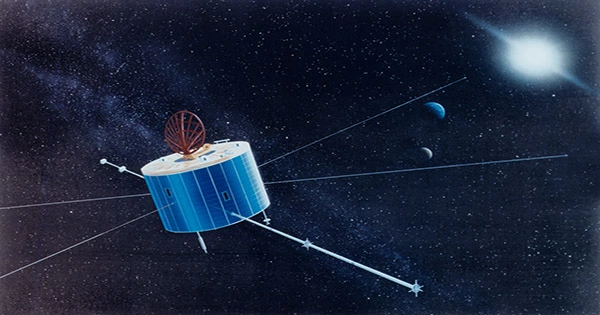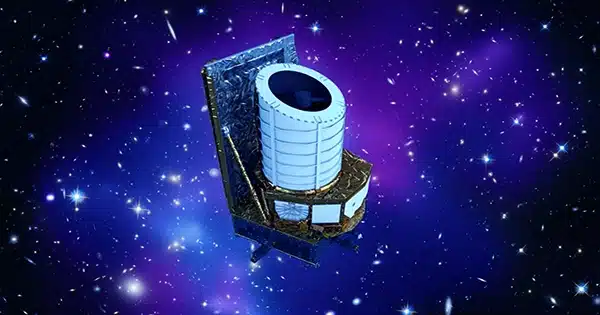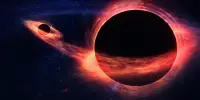The European Space Agency said on Wednesday that its space telescope Euclid will launch on July 1 on a quest to shed light on the mysteries of dark matter and dark energy.
According to the ESA, the mission will launch on a SpaceX Falcon 9 rocket from Cape Canaveral in Florida, with the transmission beginning at 1430 GMT.
Euclid was supposed to fly into space on a Russian Soyuz rocket, but Moscow withdrew its launchers last year in reaction to sanctions over the invasion of Ukraine.
The ESA was forced to rely on SpaceX, the US business founded by billionaire Elon Musk, to launch the 1.4 billion-euro ($1.5 billion) mission.
The two-ton Euclid, which is 4.7 meters (15 feet) tall and 3.5 meters (11 feet) wide, will join fellow space telescope James Webb at the second Lagrangian Point, 1.5 million kilometers from Earth.

From there, Euclid will create a 3D map of the cosmos that spans more than a third of the sky and includes two billion galaxies.
Euclid’s vision will reach a distance of 10 billion light years. Because of how long it takes light from faraway stars to reach Earth, it will look back 10 billion years in time.
Scientists will be able to reconstruct the history of the 13.8 billion-year-old cosmos using “slices of time,” astronomer Yannick Mellier told the Euclid consortium earlier this month.
Euclid’s major goal is to better comprehend dark matter and dark energy, which account for 95% of the universe.
Both remain purely speculative, despite the fact that they are required for scientists to create a working knowledge of the cosmos.
The presence of dark matter is inferred from the motion of things influenced by its gravitational pull.
Dark energy is the name given to the mysterious factor that accelerates the expansion of the universe.
Although Euclid is unlikely to reveal the true nature of these dark mysteries, astronomers believe that its unique vision of the universe may provide insight on how they behave and evolve through time.
The first photos from Euclid are expected to arrive shortly after scientific activities begin in October, but scientists will need more time to sort through the vast volume of data.
















